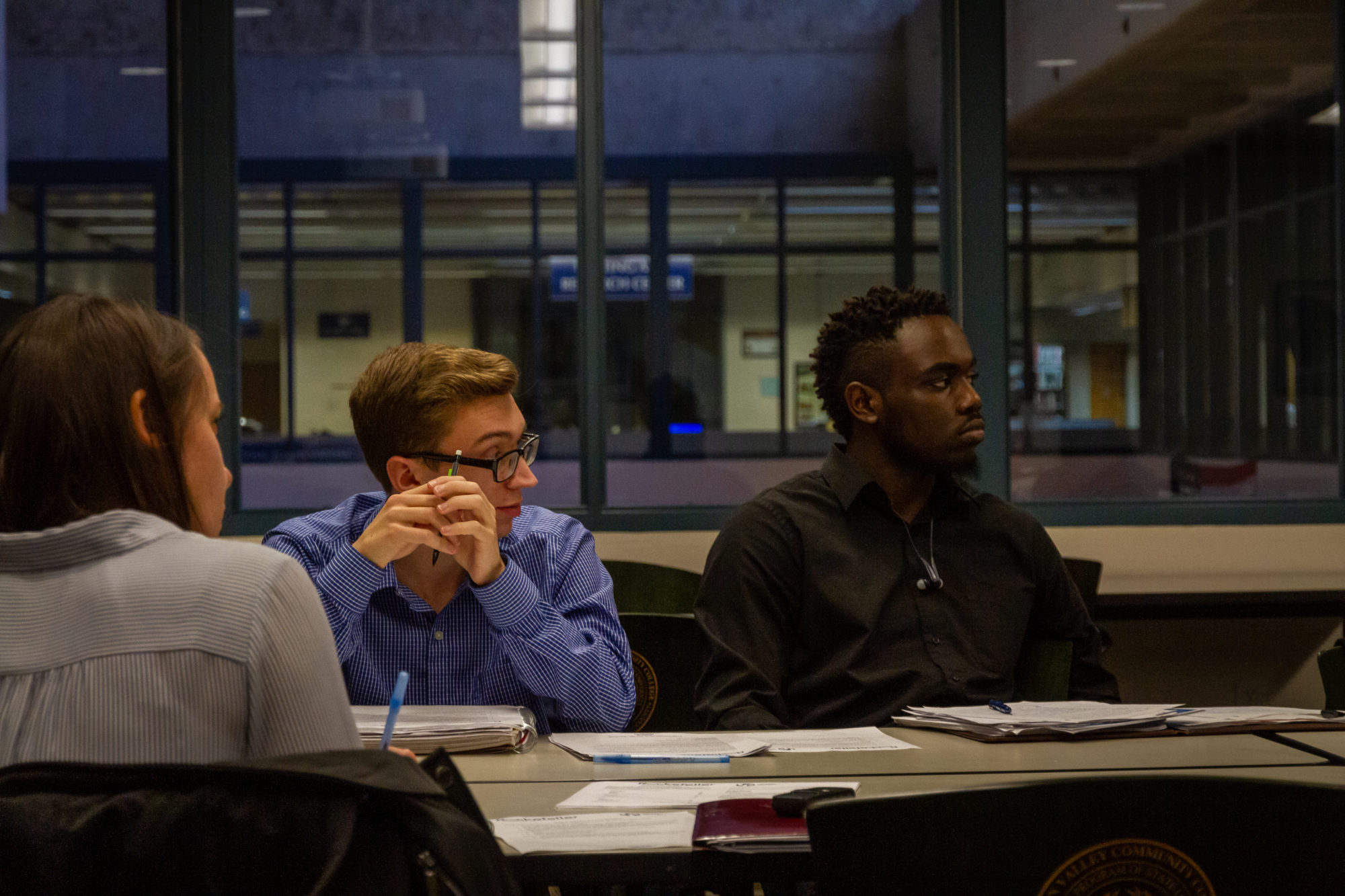Research group aims to create relatable student debt policies

By: Abigail Nawrot
Sports Editor
“I don’t know if we’ll ever be able to alleviate the problem, but this is more so about how to alleviate the pain and strife that student debt causes,” said Mitchell Cerone, a research policy intern and individual studies major, during a focus group session centered around the personal experiences and impacts of student debt. “It’s a real issue.”
The focus group took place on Monday, Nov. 11.
The research group is a part of an internship that the Rockefeller Institute of Government offers. Every semester, roughly five students are hired to serve as research policy interns. Their job is to collect data regarding a prevalent current topic and present it to policymakers in the hopes of creating more relatable policies.
According to Joel Oyuo, a research policy intern and political science major, the focus group offers a snapshot for policymakers, providing them an image of a day on campus for a student dealing with debt and how it would affect even just them choosing a class or a school.
“By understanding the different experiences, the policymakers can develop student debt reform that is more applicable to real students in real schools,” Oyuo said.
Hudson Valley Community College is one of only three colleges the Rockefeller Institute of Government used to conducted a research study. The other two are UAlbany and Empire College.
Katie Zuber, Assistant Director for Policy and Research at the Rockefeller Institute of Government, said she finds that college diversity contributes to a well-rounded data collection.
According to Zuber, those particular colleges were chosen because Rockefeller Institute of Government has an established partnership with Hudson Valley Community College, UAlbany and Empire State College.
“We were able to leverage our preexisting relationship to get on [their] campus,” said Zuber. “They represent a very diverse demographic.”
Hudson Valley Community College is a two year school, UAlbany is a four-year school, and Empire is a SUNY school who according to Zuber, is targeting an older-demographic.
“Here, we’re expecting to see younger students, but at a place like Empire, there tends to be working adults of a much older age range,” Zuber said. “All of these experiences contribute.”
Cerone said he believes collecting data from students will help lawmakers better relate to the campus experience.
“At the end of the semester, we present our findings in a presentation,” Cerone said. “A lot of people are going to be present, and the hope is that our findings can better help them to solve the issue.”
The students attending the event said they found it an educational experience.
According to Alex Zierer, an engineering major, it didn’t change his mind about any of his financial decisions, but it did help him to become more open-minded.
“Hearing everyone’s stories has definitely helped me to be more aware of other’s financial struggles,” Zierer said. “It’s always good to be more conscious of what other people are going through,” he continued. “I know plenty of people in student debt, but it’s not an everyday topic you can discuss.”
According to Cerone, there’s been a huge movement with food pantries on college campuses, and people aren’t aware of the impact these issues have.
“Older people especially marginalize it,” Cerone said. “There’s a lack of connection, a generational gap.”
Cerone said the people in the government seats don’t understand the struggle because they haven’t been through it, they haven’t talked to people with these struggles.
Cerone continued, “That’s what the focus groups are for, bringing that perspective to them.”
